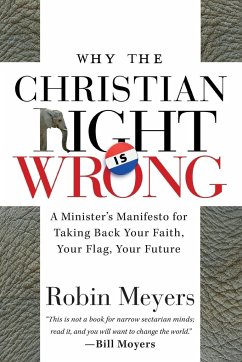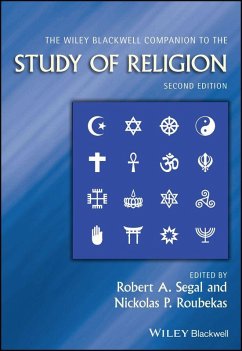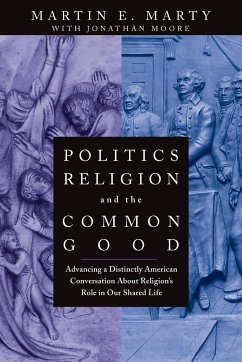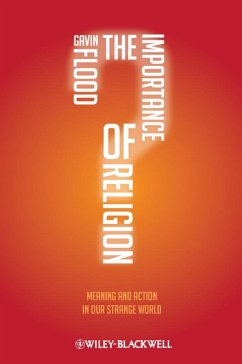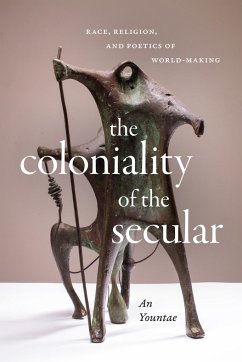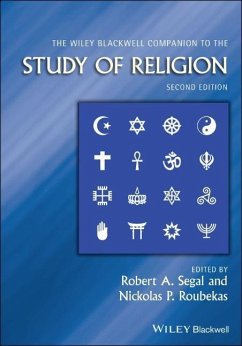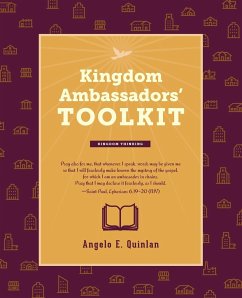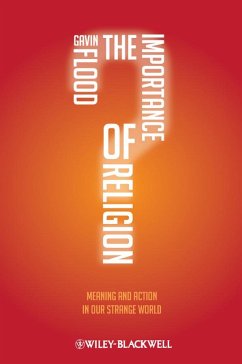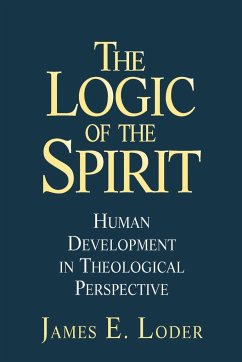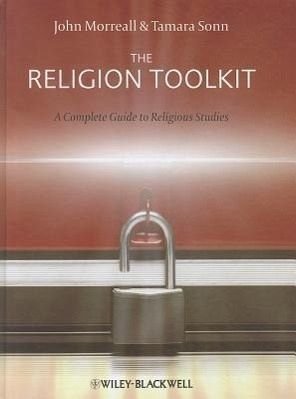
The Religion Toolkit
A Complete Guide to Religious Studies

PAYBACK Punkte
52 °P sammeln!
This unique introductory textbook is a complete overview of Religious Studies, providing students with the essential knowledge and tools they need to explore and understand the nature of religion. In a lively and engaging way, the authors draw together the main elements of Religious Studies, allowing the reader to develop an integrated understanding of religion. The book provides: * an overview of the roles of religion in society; an account of the historic development of Religious Studies, and an introduction to some of the major theories and methods - the tools - used in the study of religio...
This unique introductory textbook is a complete overview of Religious Studies, providing students with the essential knowledge and tools they need to explore and understand the nature of religion. In a lively and engaging way, the authors draw together the main elements of Religious Studies, allowing the reader to develop an integrated understanding of religion. The book provides: * an overview of the roles of religion in society; an account of the historic development of Religious Studies, and an introduction to some of the major theories and methods - the tools - used in the study of religion; * an exploration of the diversity of world religions through overviews of some of the early religions; the family of Western monotheisms (Judaism, Christianity, and Islam); Indian traditions (Hinduism and Buddhism); Chinese traditions (Confucian, Taoist, and Buddhist); and less familiar religions such as Zoroastrianism, Shinto, and Native American religion; * the impact of Religious Studies and the natural sciences on religion, exploring issues such as developments in scriptural studies, feminist and liberation theology, evolutionism vs. creationism, and ongoing debates about the future of religion in modern society. The attractive design, lively text, numerous illustrations, sidebars, text boxes, questions, and activities all make The Religion Toolkit an exciting and thought-provoking book to use.




